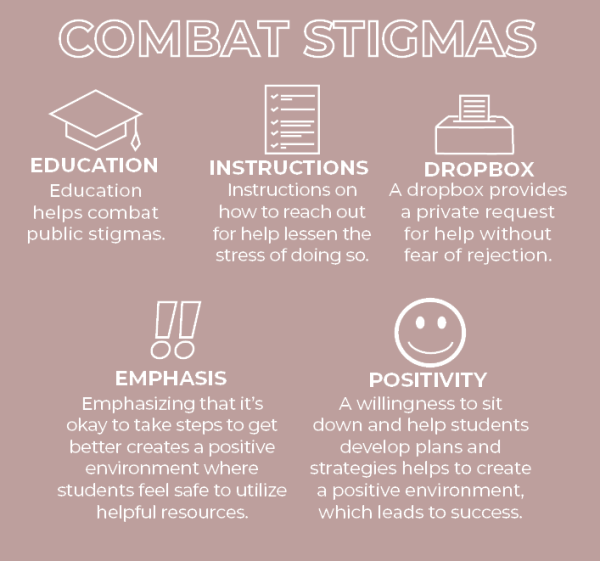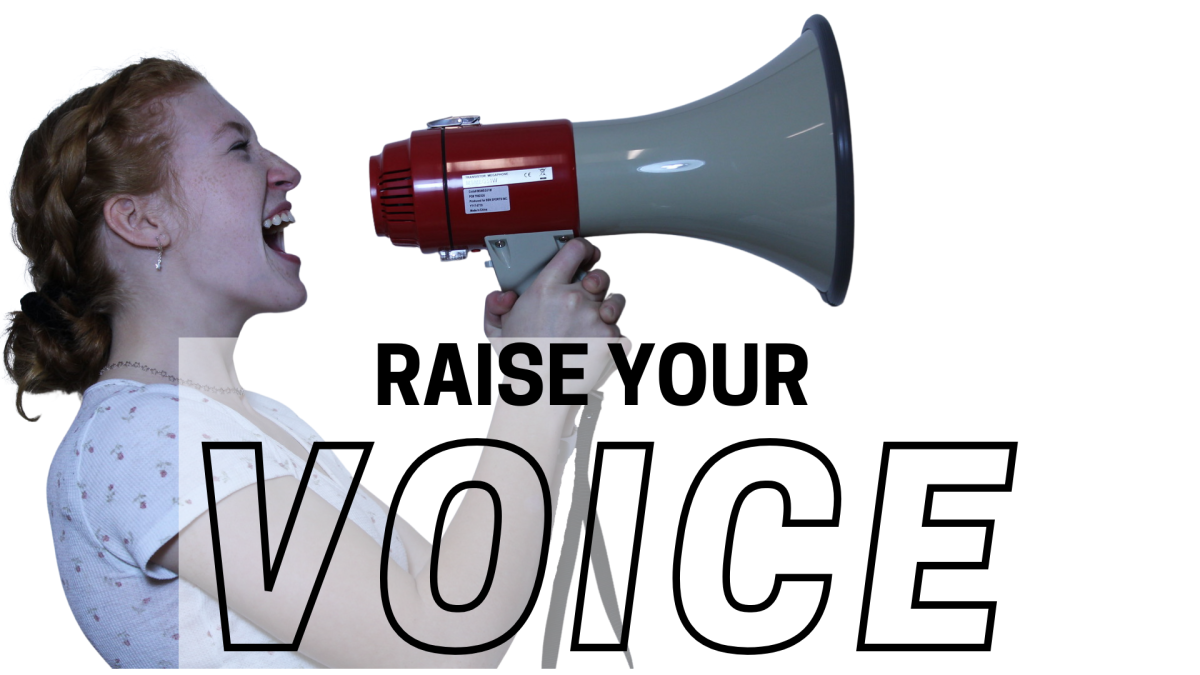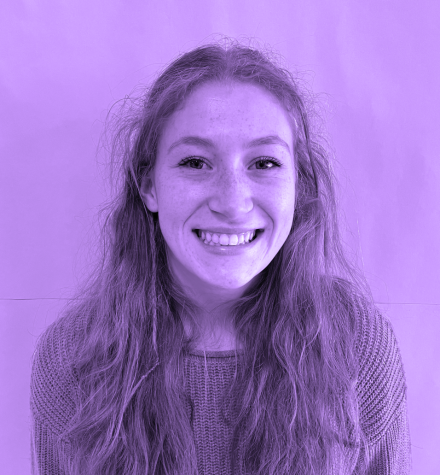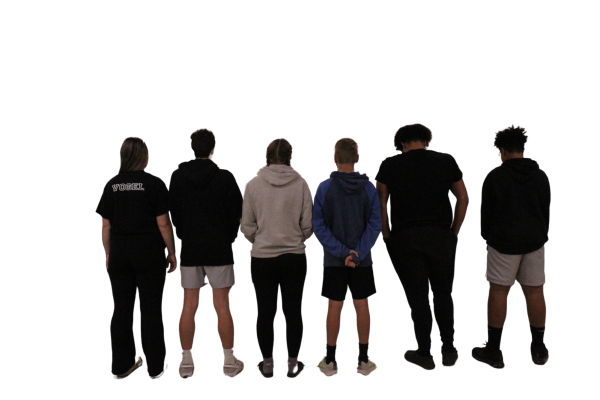ADHD doesn’t make me less of a person, it makes me a developing person
The summer before eighth grade I had my first meeting with my teachers to discuss my ADHD. I still dread these annual meetings because they fill me with fear, anxiety, and embarrassment. My mom talks with my teacher as I sit in silence, waiting for it to end. A version of the phrase, “she does well in school despite having ADHD” always finds its way in there. I hate feeling different. I hate that my ability to excel in school is always clouded by having ADHD.

Stigmas limit and exclude those labeled as different. These stigmas are more deeply rooted than just labeling a person publicly. Often, the person dealing with the issue contributes internally. Self-stigmas internalize public stigmas and create a barrier of fear, preventing people from reaching out for help.
When I was younger, I didn’t have these fears or
stigmas. Once I entered middle school that changed. In sixth grade when my mom sat down for our annual meeting, our new principal told my mom “but she does well in school” when they discussed accommodations. The idea that having ADHD and doing well in school can’t coexist is extremely harmful. In seventh grade, it didn’t get easier. I was accused of lying and seeking attention by my friends when I tried to talk about it. My friends began to tell me they knew people who had ADHD and I certainly didn’t have it. In high school, I started to struggle more and needed to use my accommodations despite trying to pretend I didn’t need them. I never felt as smart or qualified as the other 4.0 students because I thought I had an advantage with accommodations. I try to remind myself those accommodations are to level the playing field not provide an advantage.










